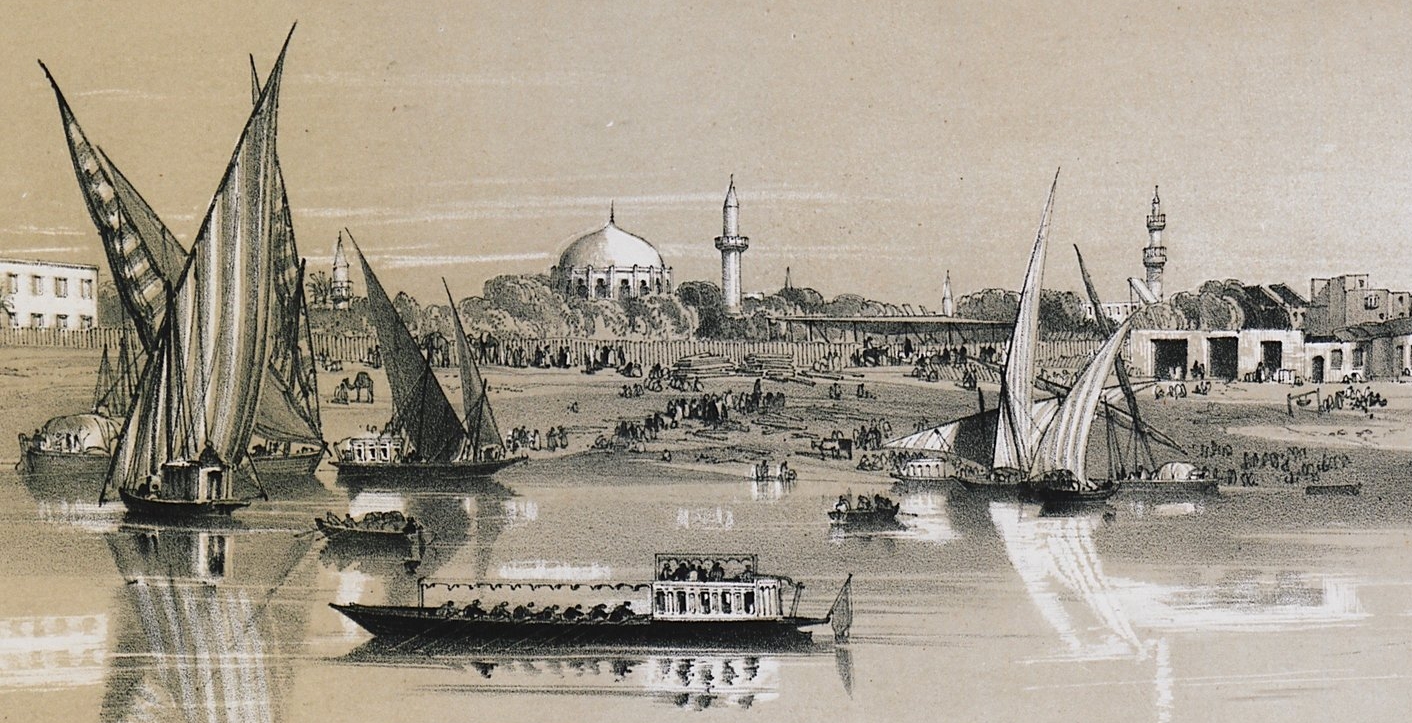34: Invisibility
We have novelist Ruqaya Izziddien as our guest in this episode, to discuss her debut novel The Watermelon Boys, her blog Muslim Impossible and the need for more narratives in English that accurately represent Arab voices and history. We also talk about George Orwell’s 1939 essay “Marrakech.”
Show Notes
Our guest this episode was Ruqaya Izzidien, author of The Watermelon Boys, which was shortlisted for this year’s Betty Trask Prize. Ruqaya will also be appearing June 30 at the Shubbak Festival in London, on a panel with Inaam Kachachi and Rabai al-Madhoun, and possibly Hammour Ziada.
Hanna Diyab is acknowledged -- in Antoine Galland's diary and is Diyab's own writings -- as the author of the "Aladdin" story commonly bundled in with the 1001 Nights. A French translation of Diyab’s travel narrative, D’Alep à Paris: Les pérégrinations d’un jeune syrien au temps de Louis XIV, appeared in 2015, edited and translated by Paule Fahmé-Thiéry, Bernard Heyberger, and Jérôme Lentin. An English translation, by Elias Muhanna and Johannes Stephan, is tentatively scheduled for Fall 2020.
Dr. Debbie Reese and Dr. Jean Mendoza are the forces behind the invaluable American Indians in Children's Literature.
You can read a transcript of the film Reel Bad Arabs, based on the classic book by Jack Shaheen.
The Dzanc Books statement about Hesh Kestin's The Siege of Tel Aviv is available on the publisher's website.
Izzidien is also the editor behind Muslim Impossible, a new website that “reviews fictional Muslim and Arab characters in film, TV and literature that are unbelievable, poorly-researched or prejudiced.”
We disagreed about whether George Orwell’s “Marrakech” essay falls in that category. Here is a video and translation of part of the essay into Darija by a Moroccan YouTuber.




